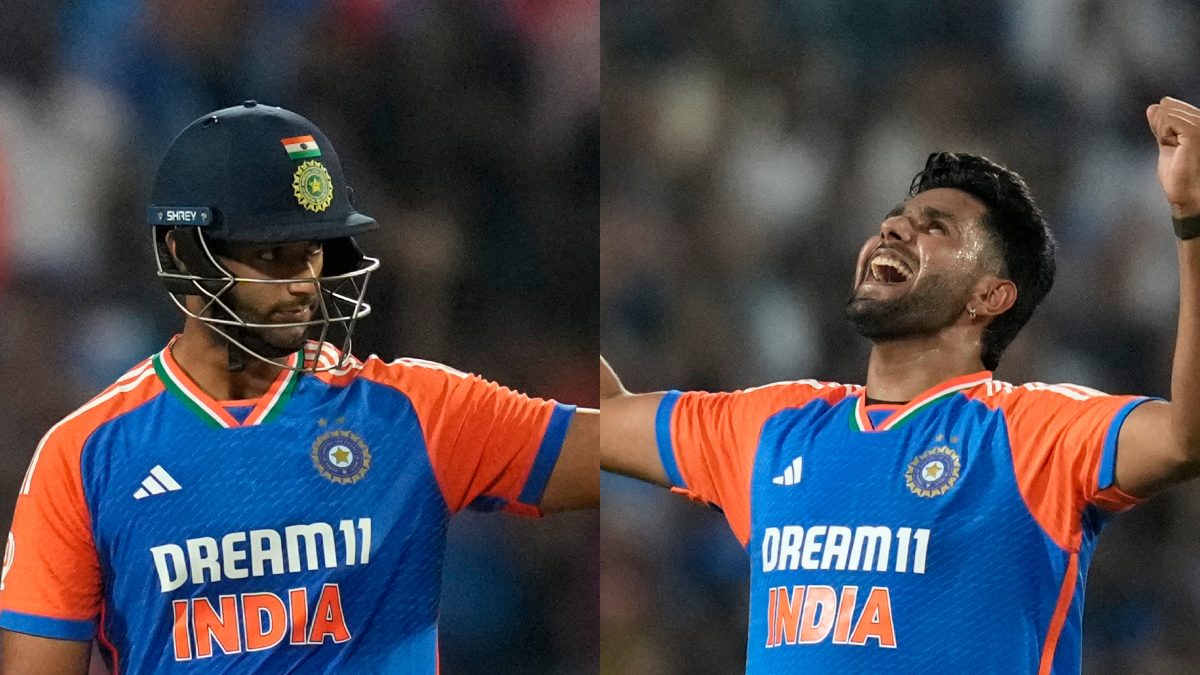) |
|
The recent India-England T20I series concluded with a decisive victory for India, but the shadow of controversy hangs over one particular incident: the concussion substitution of Harshit Rana for Shivam Dube in the fourth match. This substitution, approved by ICC match referee Javagal Srinath, has ignited a firestorm of debate, with legendary Indian cricketer Sunil Gavaskar leading the charge against the decision. Gavaskar’s criticism centers around the perceived violation of the 'like-for-like' principle inherent in concussion substitutions. He argues that the replacement of an all-rounder capable of both significant batting and bowling contributions (Dube) with a primarily bowling specialist (Rana) significantly altered the balance of the game, giving India an unfair advantage. The fact that Rana subsequently took three crucial wickets further fuels Gavaskar's argument. This incident highlights the complexities and potential for abuse within the existing concussion substitution rules, prompting calls for a re-evaluation of the guidelines to ensure greater fairness and prevent such controversial situations in the future.
England's captain, Jos Buttler, echoed Gavaskar's concerns, openly expressing his team's disapproval of the substitution. He pointed out the stark difference in the playing styles of Dube and Rana, emphasizing that it was far from a 'like-for-like' replacement. Buttler’s disappointment was amplified by the fact that England were close to victory before Rana's impactful bowling. The substitution, in Buttler's view, effectively tilted the balance decisively in India's favor during a critical phase of the match. This statement underscores the practical implications of the controversy, demonstrating how a seemingly technical rule can have significant ramifications on the outcome of a high-stakes international match. The lack of a 'like-for-like' replacement not only questions the fairness of the game but also raises questions about the integrity of the substitution rule itself and its interpretation.
Gavaskar's criticism extends beyond the immediate impact on the game's outcome. He argues that such decisions, even if technically within the rules, can ultimately tarnish the achievements of an otherwise excellent team. His concern is less about a single match and more about the long-term reputation of the Indian team. Winning is important, but maintaining the spirit of fair play and adhering to the principles of sportsmanship is equally crucial, Gavaskar believes. His strong words serve as a reminder that victories achieved through questionable means can leave a bitter aftertaste, overshadowing the sporting prowess displayed on the field. This is particularly pertinent in the context of international cricket, where the image and integrity of the game are of paramount importance.
The controversy surrounding this incident also highlights a broader issue within the framework of concussion protocols. While the intention behind concussion substitutions is laudable – to protect players from further injury – the implementation needs to be carefully examined to prevent exploitation. The debate sparked by Gavaskar and Buttler raises important questions about the definition of 'like-for-like' and whether the current guidelines adequately address the potential for strategic manipulation of this rule. The ICC may need to revisit and refine these guidelines to better ensure fair play and prevent similar situations from arising in future matches. This necessitates a clear and unambiguous definition of 'like-for-like' replacement that considers not only the position a player fills, but also their overall contribution to the team's strategy.
Ultimately, the India-England T20I series incident serves as a valuable case study in the intersection of sports rules, ethical considerations, and competitive strategy. It highlights the need for ongoing review and refinement of regulations to ensure fair play within the context of player safety. The debate sparked by the controversy will undoubtedly contribute to a more nuanced understanding of concussion substitutions and their implementation, aiming to find a balance between player protection and maintaining the spirit of the game. The episode also underscores the significance of sportsmanship and the importance of upholding the integrity of the game even when victory seems within reach.
